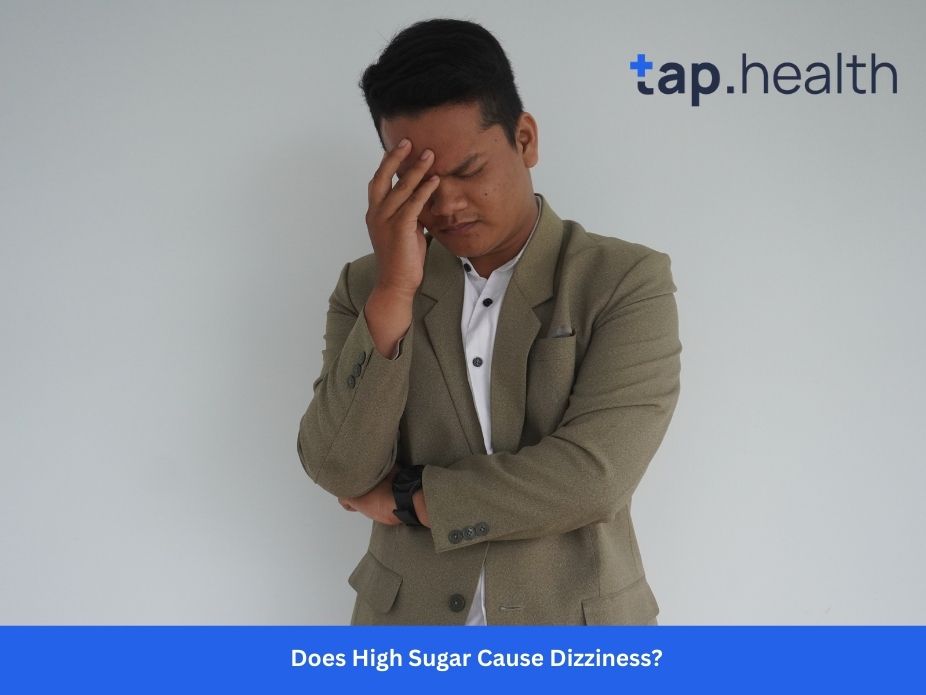Understanding Stress Hormones Role in Diabetes
Stress hormones impact diabetes by disrupting blood glucose regulation. When stressed, the body releases cortisol and adrenaline, triggering fight-or-flight responses that raise blood sugar levels.
What Are Stress Hormones and Blood Sugar Connection?
Cortisol, known as the primary stress hormone, boosts glucose production in the liver through gluconeogenesis. This elevates blood sugar for quick energy during threats. Adrenaline and noradrenaline increase heart rate and release stored glucose, causing insulin resistance where cells struggle to absorb sugar.
In diabetes, these effects worsen control. Type 1 diabetes sees insufficient insulin unable to counter spikes. Type 2 diabetes faces added insulin resistance from chronic stress.
Key impacts:
- Chronic stress raises cortisol, leading to persistent high blood sugar.
- Adrenaline causes rapid glucose surges, complicating monitoring.
- Stress hormones reduce insulin sensitivity, mimicking poor diabetes management.
Research from Journal of Clinical Endocrinology confirms cortisol increases gluconeogenesis, while adrenaline heightens insulin resistance.
Real-Life Examples of Stress Hormones Affecting Diabetes
How Does Work Stress Cause Blood Sugar Spikes in Diabetes?
Laura, 32 with Type 2 diabetes, experienced spikes during deadlines despite diet and exercise. Anxiety triggered cortisol release, raising glucose. Adding deep breathing and yoga lowered stress, stabilizing levels.
Family Stress and Erratic Glucose in Type 1 Diabetes
Mike, 55 with Type 1, had fluctuations from family issues. Arguments spiked adrenaline, disrupting readings. Mindfulness meditation via counseling reduced cortisol, improving control.
Expert Dr. Samantha Reed notes: “Stress hormones interfere with glucose management in chronic cases, causing frequent spikes.”
Proven Links Between Stress Hormones and Blood Sugar Fluctuations
Studies show stress-induced changes affect diabetes multi-fold.
- Cortisol promotes liver glucose output.
- Adrenaline induces insulin resistance.
- Combined, they cause fluctuations, especially with existing insulin issues.
Diabetes Care journal supports that chronic stress elevates cortisol, worsening control.
Effective Stress Management Strategies for Diabetes Control
Control responses to protect blood sugar.
Mindfulness Meditation to Lower Cortisol in Diabetes
Activates relaxation, reducing cortisol. Daily practice stabilizes glucose.
Exercise Benefits for Insulin Sensitivity and Stress
Walking, yoga improve sensitivity, lower cortisol. Enhances diabetes management.
Sleep Hygiene Impact on Cortisol and Blood Sugar
7-9 hours prevents elevated cortisol. Avoid screens for better control.
Social Support Reducing Stress Hormones Effects
Friends, groups lower cortisol, aid emotional relief.
Dietary Adjustments Countering Stress Eating in Diabetes
Whole grains, proteins, antioxidants reduce inflammation, stabilize sugar.
ADA and NIDDK endorse these for stress reduction.
FAQ on Stress Hormones and Diabetes
Q: How do stress hormones impact blood sugar levels in diabetes?
A: Cortisol increases glucose production; adrenaline causes insulin resistance, leading to spikes.
Q: Can chronic stress contribute to insulin resistance in Type 2 diabetes?
A: Yes, via elevated cortisol and adrenaline, increasing risk and complicating control.
Q: What role does cortisol play in blood sugar spikes?
A: Stimulates gluconeogenesis, raising levels during stress.
Q: How does adrenaline affect glucose regulation in diabetes?
A: Releases stored sugar, reduces insulin effectiveness.
Q: Are mindfulness techniques effective for managing stress hormones in diabetes?
A: Yes, lowers cortisol, improves stability.
Q: Does exercise help counteract adrenaline effects on blood sugar?
A: Boosts sensitivity, reduces stress hormones.
Q: Can poor sleep worsen cortisol impact on diabetes?
A: Yes, raises levels, disrupts control.
Q: How does social support influence stress and glucose levels?
A: Lowers cortisol, enhances well-being.
Q: What foods reduce stress hormones effects in diabetes management?
A: Antioxidant-rich like berries, nuts lower inflammation.
Q: Is medication necessary for stress affecting diabetes?
A: No, lifestyle changes often suffice.
How Can TapHealth Help Manage Diabetes with Stress?
TapHealth offers tools for tracking blood sugar, stress logs, and personalized insights. Monitor cortisol triggers, access mindfulness guides, and connect with experts for better glucose control amid stress hormones challenges.



